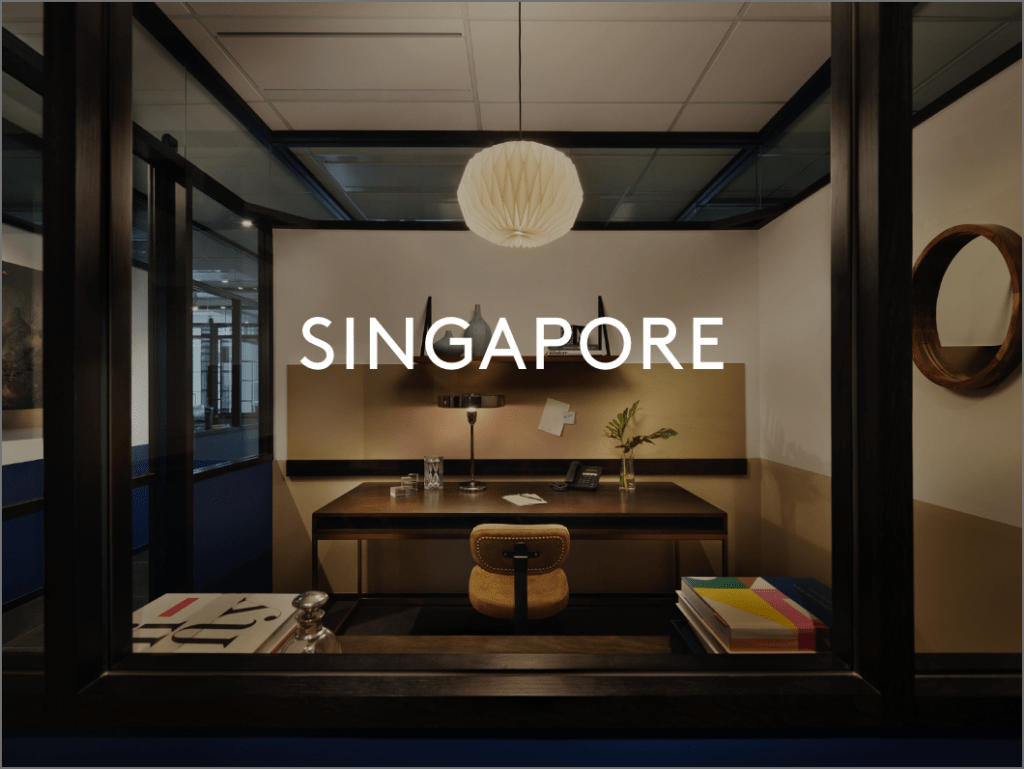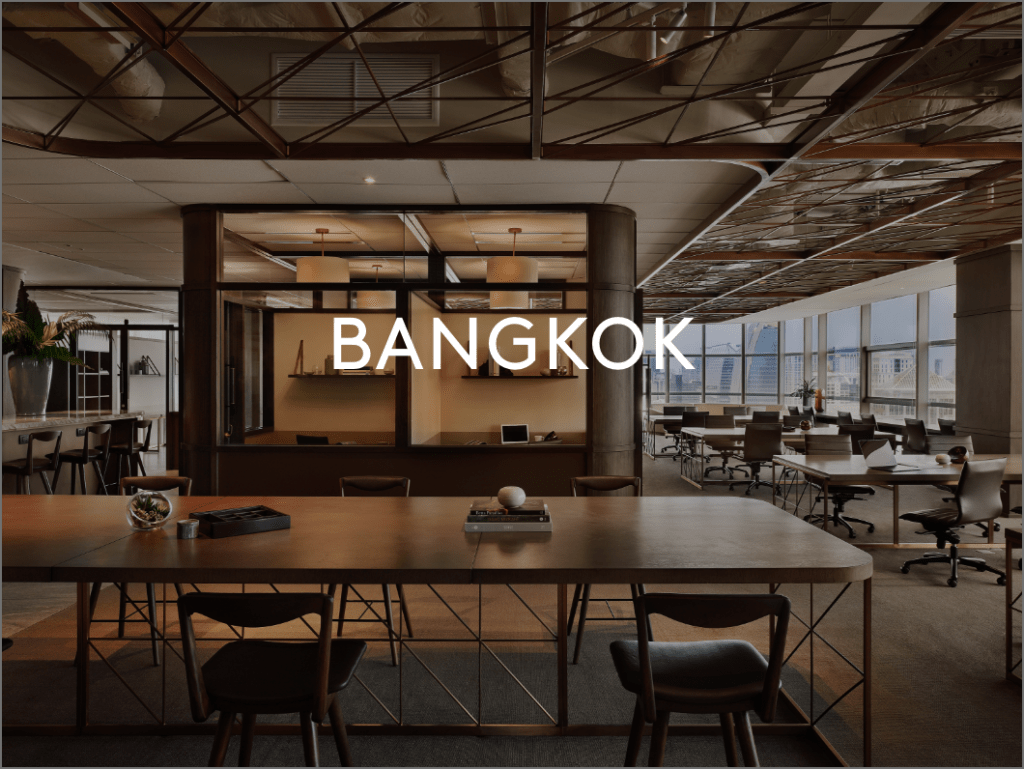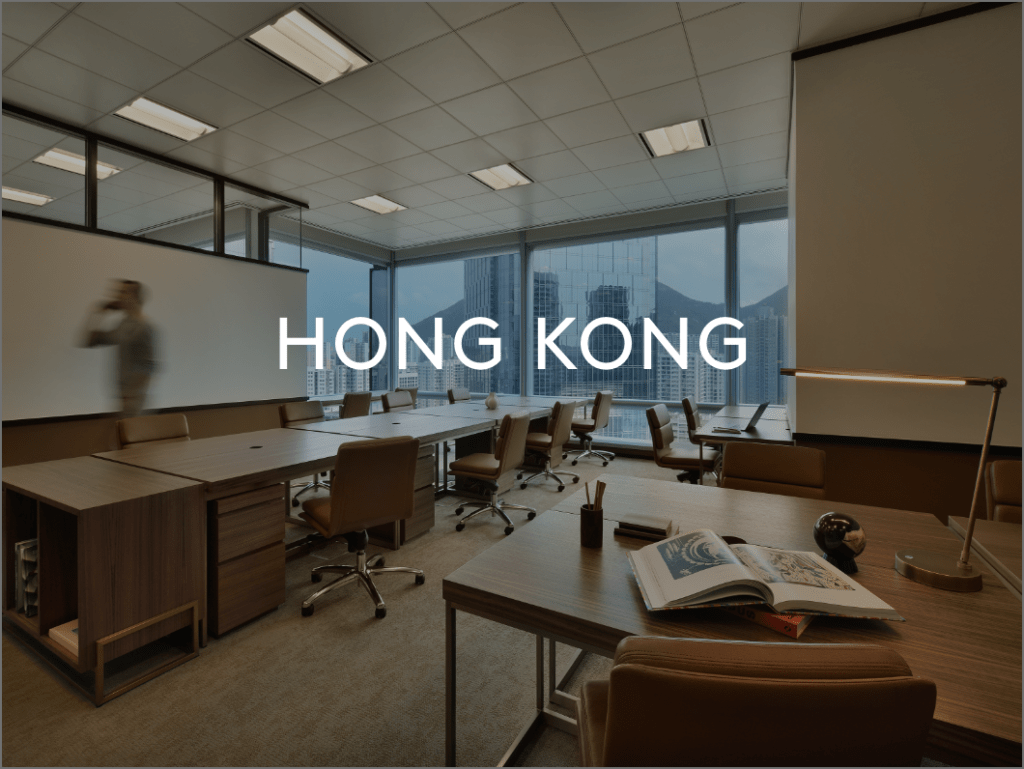The Future is Flexible, The Future is Coworking
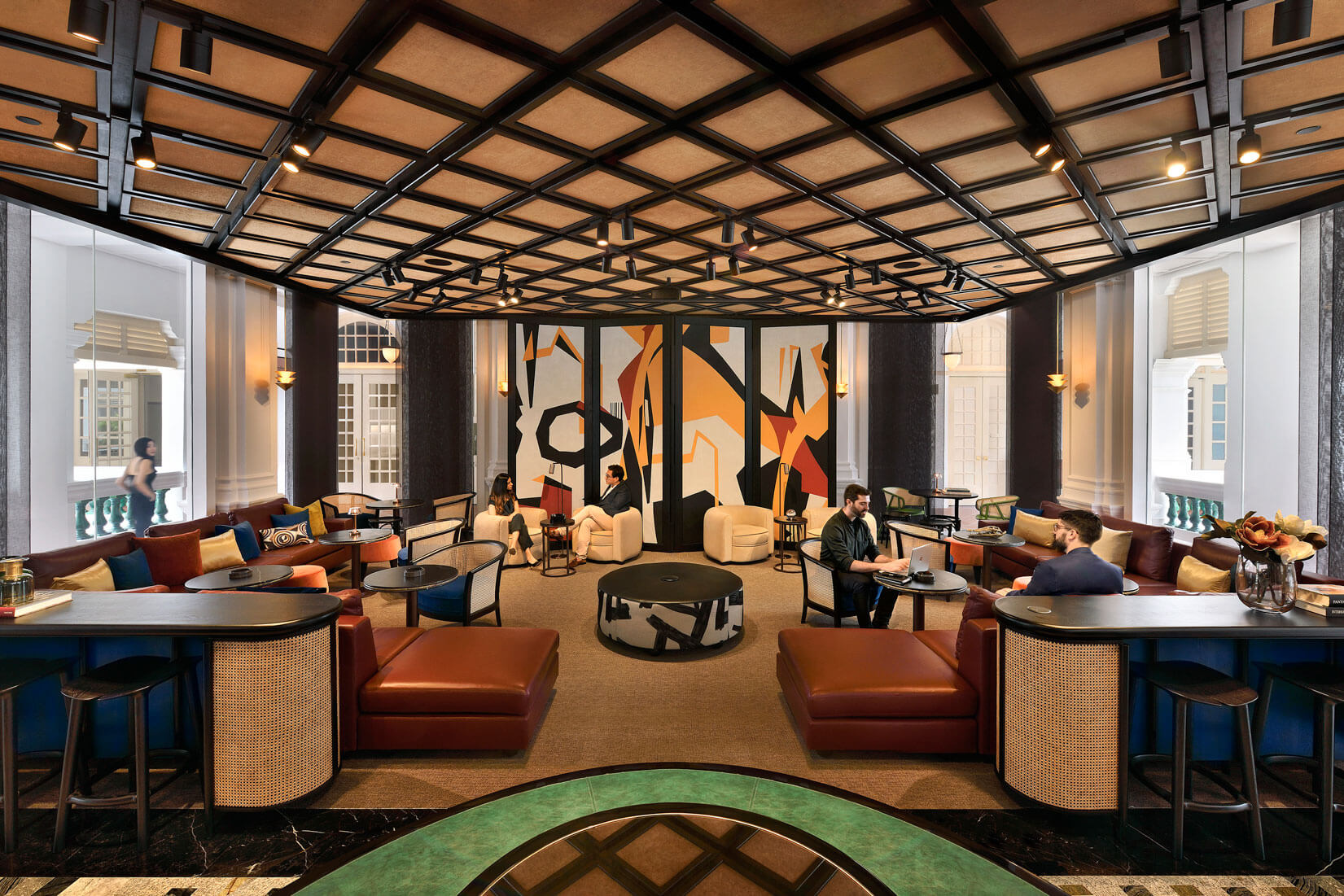
When it comes to the way we work, the data is clear: the future of work resembles a different beast entirely from the one that it was in 2019. The events of the past year-and-a-half have been largely responsible, leading to a global work experiment that we’ve all participated in. Our findings? Hybrid strategies are the way forward.
The modern workforce wants Flexibility
Hybrid ways of working revolve around arrangements that combine remote and in-office work, facilitated by technology. The exact ratios of office and work-from-anywhere time vary from company to company, but the essence is the same, and for most companies, so are the outcomes. The data indicates that hybrid strategies contribute to engagement and productivity – and that most people prefer working this way. Just 15 percent of Southeast Asian respondents to the EY 2021 Work Reimagined Employee Survey said they want to work from the office full time. Seven in 10 respondents, meanwhile, believe that hybrid work arrangements encourage productivity and creativity.
Similarly, a 2021 Willis Towers Watson survey of employers in the APAC region found that 62% of employers identify flexible work arrangements as a priority; one that could boost the employee experience.
Hybrid arrangements benefit both employers and employees
For employees, flexible working arrangements improve the overall experience of work for a host of reasons. If they’re able to work when, where and how they want, it puts the power back in their hands. With autonomy, people feel more excited about work. Studies have shown that greater engagement can improve presenteeism rates. And, if people work when they want, they’re more likely to focus when they do work
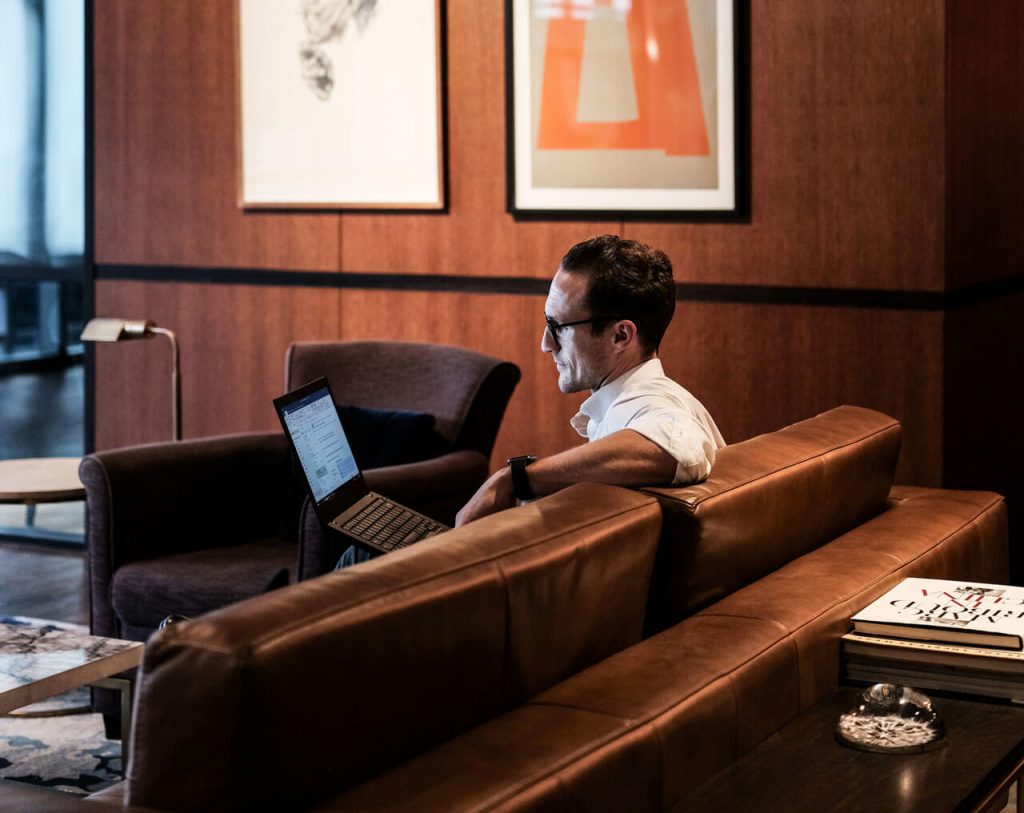
For employers, aside from more engaged, productive workers – which a Gallup study showed can lead to increases in business profits to the tune of 21 percent – flexible work arrangements can also translate to reduced floorplates, leading to massive savings in rent.
As a business leader or owner, you could of course simply rent a smaller, one-company workspace. But that leaves you with no room to grow. There’s no space to scale up, or to scale down, as your workplace needs shift and change.
So why not simply adopt a blanket work-from-home policy? Well, people tend to find working from home a lonely and isolating experience. They crave the human interaction and connection that a shared workspace provides. At the same time, they increasingly shy away from the overly structured, stifling traditional corporate office environment.
Co-working at The Great Room supports flexibility, bolstering business operations and corporate culture
The ideal alternative, then, is a coworking space like The Great Room in Singapore. Here, flexibility has been a key aspect of the modus operandi right from the start. Companies are increasingly realising that coworking spaces provide an effective solution to the demands of the new working environment – and the desires of the modern worker. For organisations in flux – which is every organisations in today’s world – the coworking space facilitates agility.
When a company expands, a coworking space has desks at the ready. When fewer people are in the office – whether due to a pandemic scenario that requires remote work, or because of reduced staffing needs – a coworking space enables you to scale down in a flash, minus fit-out costs, and without incurring the penalties that come when you break an office lease.
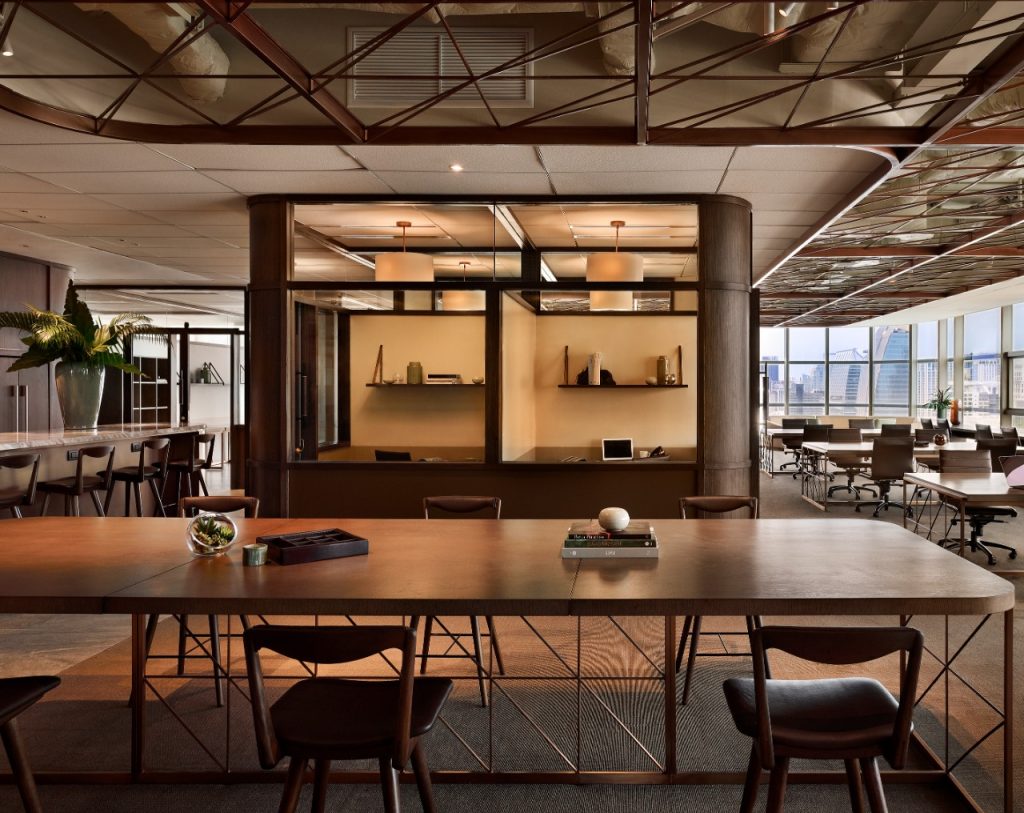
Plus, the coworking environment facilitates sharing of resources. You no longer need to fork out for multiple printers, staplers, water coolers, dedicated front desk staff – these are all at your fingertips, courtesy of your coworking provider. The financial benefits are therefore apparent straight away, as well as in the long-term. (For boutique businesses, for example, the financial benefits of choosing a coworking space are significant: they report savings of 25 percent a year.)

For employees, one of the core benefits of a coworking space – and indeed, one of the central tenets of the coworking movement – is community. At The Great Room, for example, there’s a mix of SMEs, established global organisations, solopreneurs and freelancers. All of whom can come together in the coworking space provider’s ‘great room’, a luxe yet comfortable living room-style communal space designed to foster connection, new conversations, new ideas… and a sense of belonging.
For employees, one of the core benefits of a coworking space – and indeed, one of the central tenets of the coworking movement – is community. At The Great Room, for example, there’s a mix of SMEs, established global organisations, solopreneurs and freelancers. All of whom can come together in the coworking space provider’s ‘great room’, a luxe yet comfortable living room-style communal space designed to foster connection, new conversations, new ideas… and a sense of belonging.
While a coworking space offers greatly enhanced opportunities for connection, it also provides privacy benefits on par with those you would find in a traditional single-business office. Coworking spaces are primed to answer confidentiality and security requirements: all you have to do is ask for what you need. At the same time, coworking environments steer away from the pitfalls of the traditional office. Naturally flexible, coworking is the antithesis of rigidity: no more fixed locations, fixed desks or fixed hours. And, since you’re no longer limited to interacting with a small, fixed pool of colleagues, you’re less likely to grapple with groupthink (coming to a consensus just to avoid dissent) or office politics.
By saving companies time and money, and by fostering engagement and productivity, coworking spaces solve a whole host of workplace problems. And, by supporting hybrid working strategies, coworking demonstrates its staying power in the brave new world of work.

One law firm experienced significant financial and interpersonal benefits when they made the transition from traditional office space to The Great Room. Want to hear their story?
The Great Room has seven locations across Asia’s gateway cities. All are located in prime neighbourhoods, with a range of flexible options available for businesses keen to grow but struggling to figure out how to do so. The Great Room’s expert staff are also on hand to provide advice on how to customise your workspace to suit your business needs.
Find out how we can help your business adapt to the flexible future of work.
Select the city below for more details.
Get in touch with us


